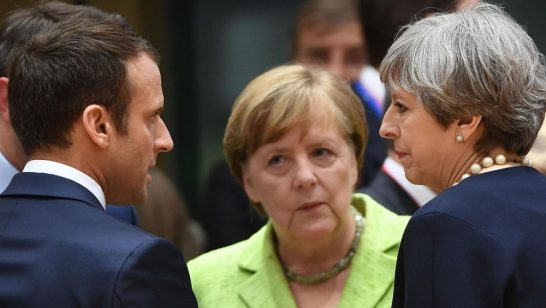
This policy brief is a co-publication by the European Leadership Network (ELN) and the International Institute for Strategic Studies (IISS).
Last year’s launch of 34 capability projects under the European Union’s Permanent Structured Cooperation (PESCO) framework was hailed by some as a breakthrough for European defence. At the same time, it was met with scepticism over its ability to meet the continent’s defence needs.
This policy brief draws on the EU’s 2018 revised Capability Development Plan (CDP) and its Level of Ambition (LoA) capability requirements to assess whether current projects address the EU’s identified shortfalls to any meaningful extent.
By cross-referencing PESCO projects against these two EU target criteria, this ELN-IISS research paper concludes that:
- PESCO projects are headed in the right direction.They broadly correspond to the CDP priorities across all domains while also beginning to tackle some of the LoA capability shortfalls, although to a very limited extent. There are particularly promising projects in the fields of Intelligence Surveillance and Reconnaissance, Enhanced Logistics, Ground Combat Capabilities, and Cybersecurity;
- Nevertheless the vast majority of EU LoA shortfall areas are currently not covered by PESCO projects. Projects are often at the low-end of the capability spectrum and consist mostly of what Member States were ready to develop at the national level;
- Although PESCO projects are useful, they are for now unlikely to make a significant impact on meeting the Union’s requirements;
- Yet, PESCO has the potential to become a meaningful framework for European defence procurement, but only if Member States show willingness to go beyond the political and industrial hurdles to jointly deliver the capabilities that they need.
Download the Policy Brief here
The opinions articulated above represent the views of the authors, and do not necessarily reflect the position of the International Institute for Strategic Studies (IISS), the European Leadership Network (ELN) or any of the ELN’s members. The ELN’s aim is to encourage debates that will help develop Europe’s capacity to address pressing foreign, defence, and security challenges.




